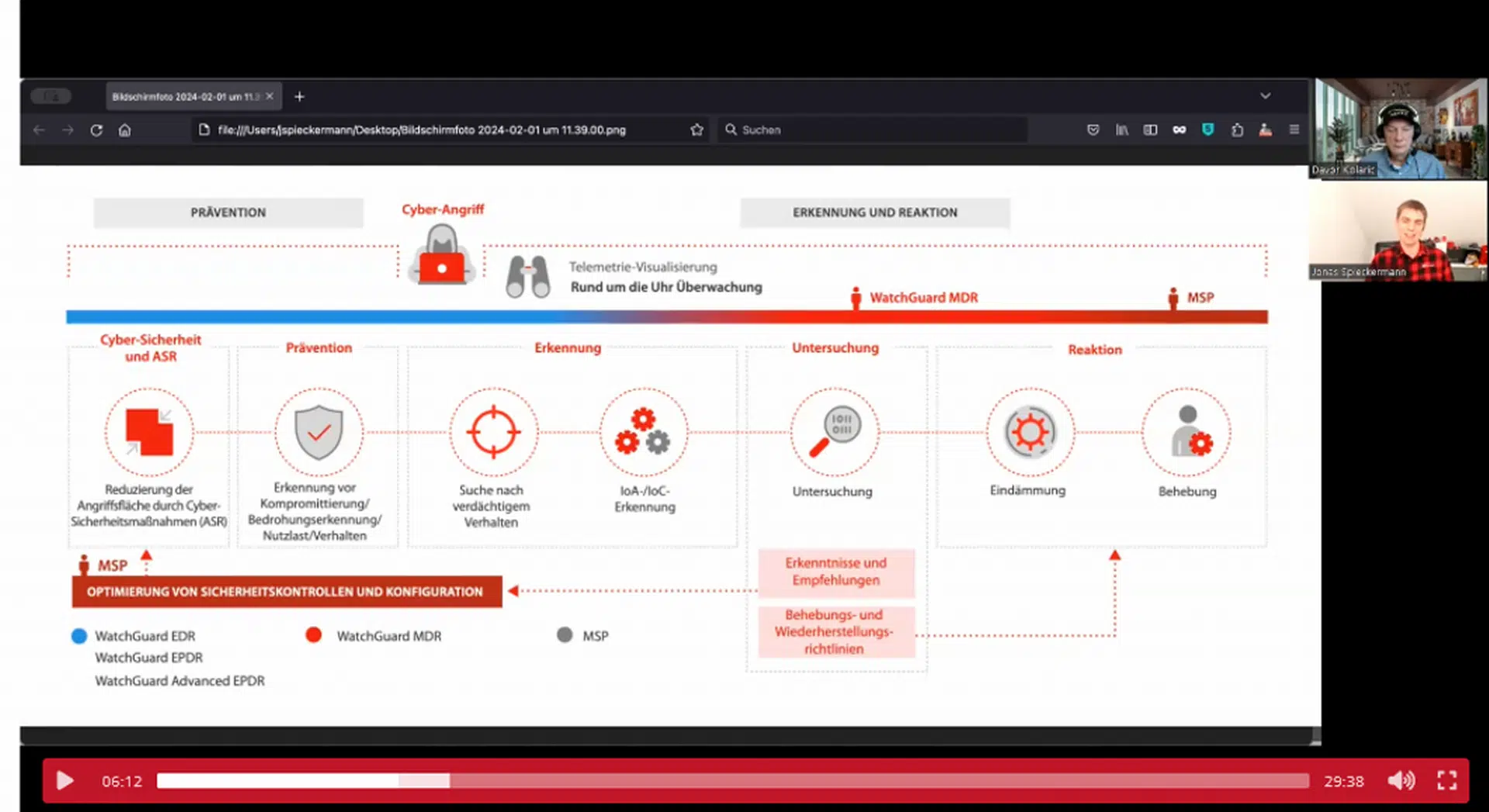
Modern vehicles have a large number of electronic systems that are networked with each other. Since these systems are at risk from cyber attacks, Fraunhofer IPMS developed a CANsec IP core that makes vehicle systems more secure. The IP core is already being evaluated in a demonstration by partner Renesas Electronics Corporation, a leading semiconductor company that delivers embedded processors together with analog and power products. At the Embedded World trade show from June 21-23, both Fraunhofer IPMS and Renesas will present the CAN-SEC IP-Core for the first time.
Vehicle electrics and electronics are becoming increasingly comprehensive due to the growing number of sensors and actuators, driver assistance systems, and additional control units. It is not uncommon for a luxury class car to have up to 120 control units. This leads to an increasing complexity of communication control in vehicle networks, which require guaranteed low latency and higher bandwidths. At the same time as the complexity of the electrical/electronic architecture (E/E architecture) in vehicles is growing, so is the potential for cyber attacks on vehicle networks. These can cause both financial, but above all functional damage, which in the worst case can affect the safety of passengers inside. Therefore, the automotive industry uses different network technologies to meet the various technical, but also economic requirements of a vehicle.
One of the most commonly used data transmission protocols is the CAN protocol (CAN bus), which was developed in the 1980s. It convinces through high robustness, flexibility and the associated cost savings. Since then, several variants of this serial bus system have been developed to meet increasing requirements. The latest variant CAN XL allows higher data transmission rates and also a scalable user data length, which makes it possible to include additional safety information. A new standard (CiA613-1 and 2) was developed by CAN in Automation (CiA) to extend the CAN XL protocol with security functions (CANsec). This protects against unauthorized access and ensures the integrity and authenticity of the origin as well as the confidentiality of data in CAN-based networks. Building on this, the Fraunhofer Institute for Photonic Microsystems IPMS developed the CANsec Controller IP Core CAN-SEC.
This can be used directly between the host processor and a CAN-XL IP core. Marcus Pietzsch, leader of the IP Cores and ASIC Design group at Fraunhofer IPMS, explains, „The new CAN-SEC IP core builds the CANsec structure in the buffers of the CAN-XL core directly before the frame is sent or directly after it is received. It can be used together with the CAN controller IP core of Fraunhofer IPMS as well as with IP cores of other manufacturers and, like all other IP cores of Fraunhofer IPMS, can be used platform-independently in all FPGAs and foundry technologies. The IP core of the Fraunhofer IPMS is already in evaluation by the partner Renesas, a global semiconductor company. At the Embedded World trade fair from June 21 to 23 in Nuremberg, Renesas will present a demonstration with the integrated CAN-SEC IP-Core for the first time. Fraunhofer IPMS will also be represented at the fair and will present its latest developments and various cores, such as the CAN-SEC IP-Core.
Visitors to the fair will find the Fraunhofer IPMS booth at booth number #4-462
Fachartikel
Studien

Drei Viertel aller DACH-Unternehmen haben jetzt CISOs – nur wird diese Rolle oft noch missverstanden

AI-Security-Report 2024 verdeutlicht: Deutsche Unternehmen sind mit Cybersecurity-Markt überfordert

Cloud-Transformation & GRC: Die Wolkendecke wird zur Superzelle

Threat Report: Anstieg der Ransomware-Vorfälle durch ERP-Kompromittierung um 400 %

Studie zu PKI und Post-Quanten-Kryptographie verdeutlicht wachsenden Bedarf an digitalem Vertrauen bei DACH-Organisationen
Whitepaper
Unter4Ohren

Datenklassifizierung: Sicherheit, Konformität und Kontrolle

Die Rolle der KI in der IT-Sicherheit

CrowdStrike Global Threat Report 2024 – Einblicke in die aktuelle Bedrohungslandschaft

WatchGuard Managed Detection & Response – Erkennung und Reaktion rund um die Uhr ohne Mehraufwand












